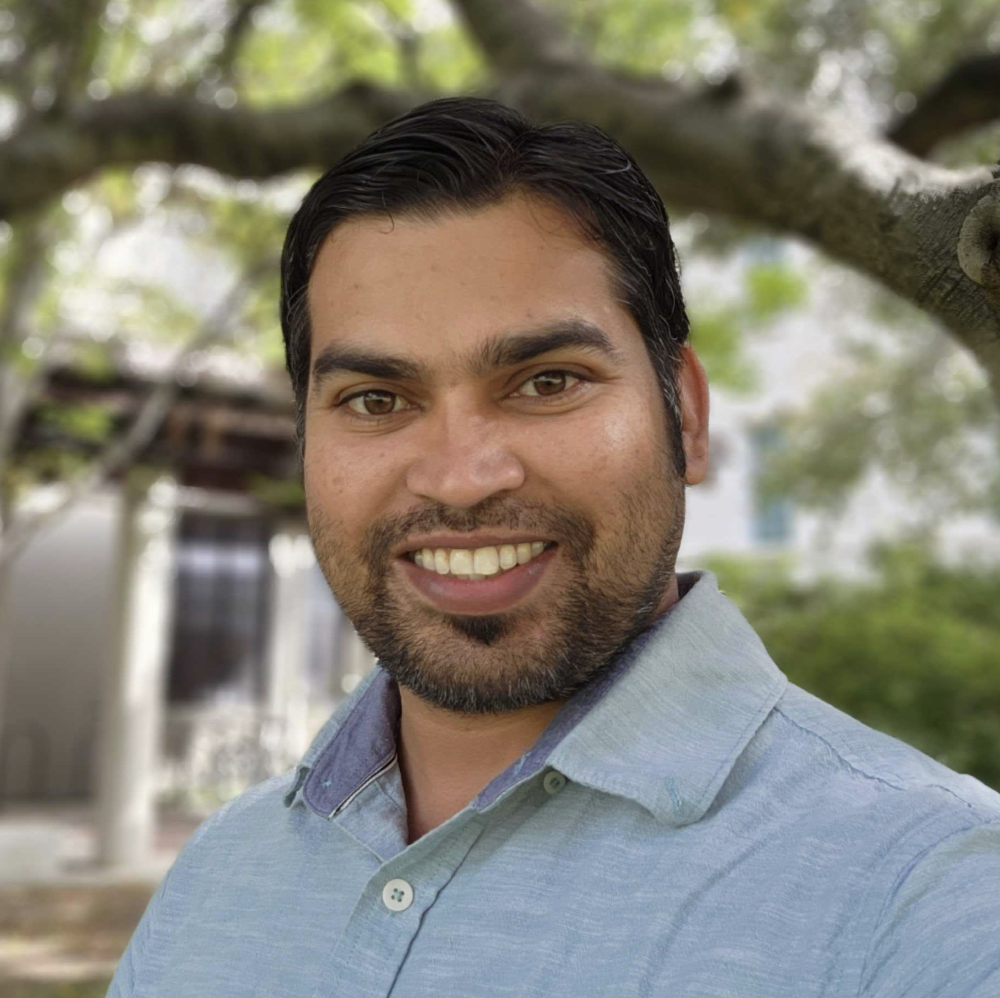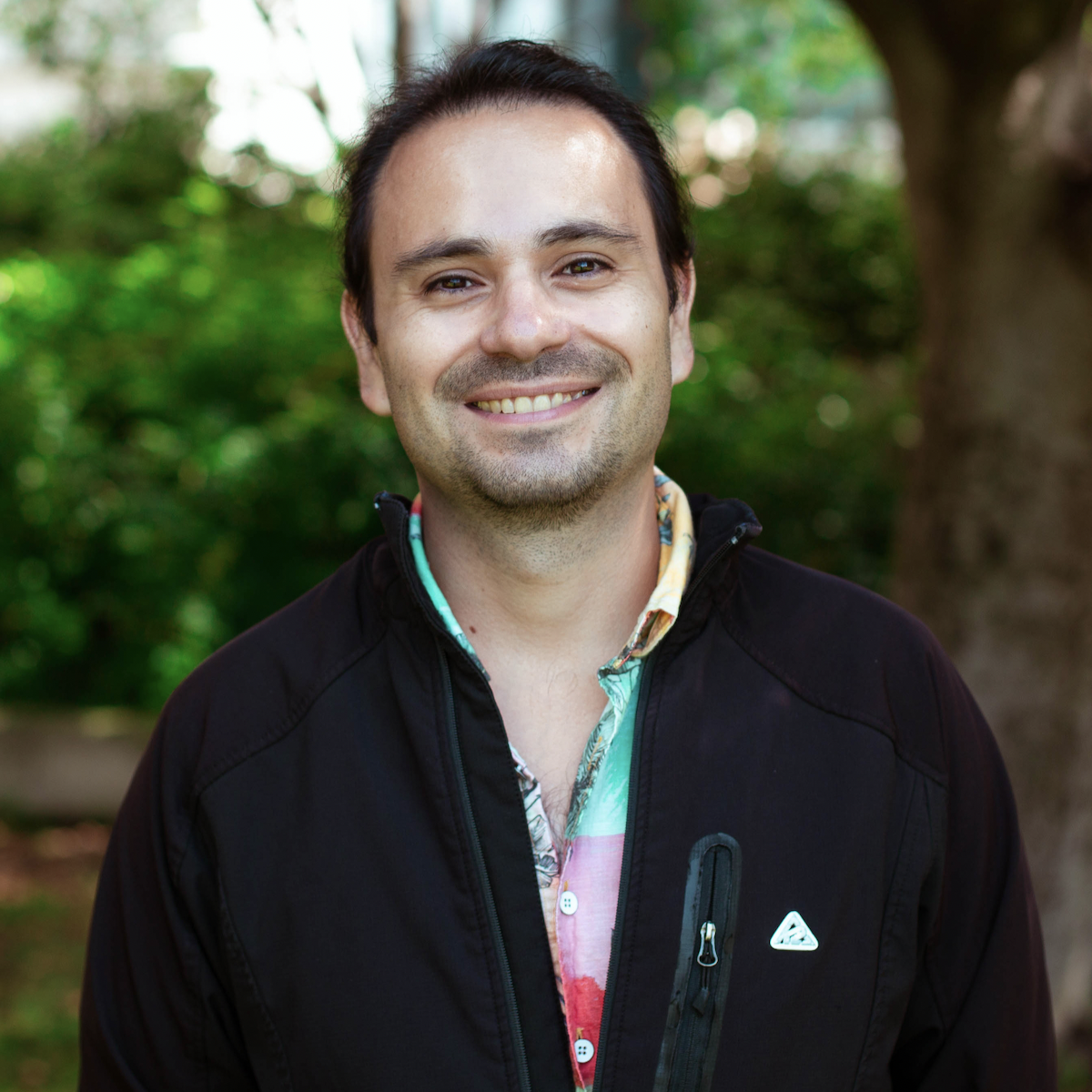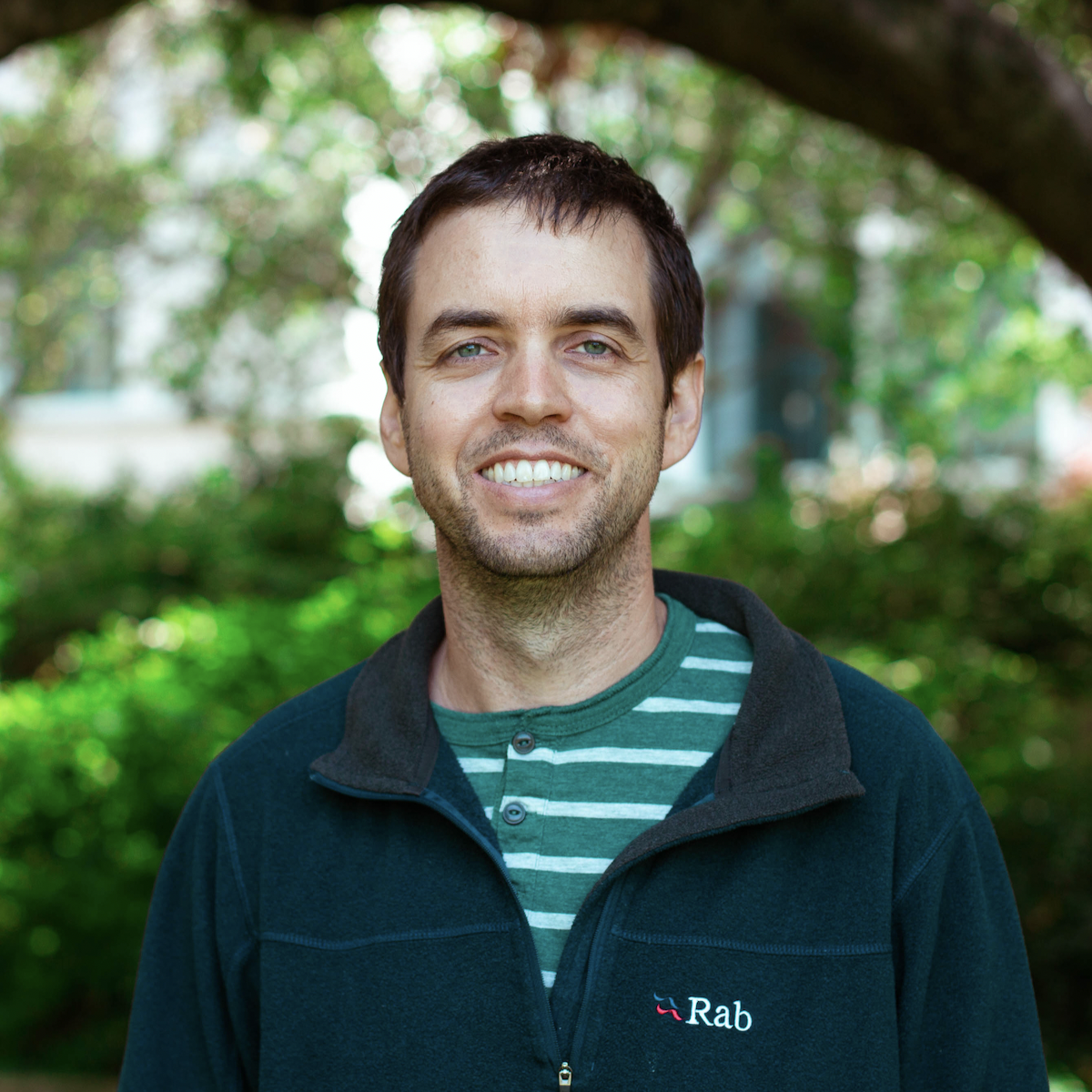Postdoctoral Scholars

I am broadly interested in microbial physiology, metabolic diversity, and understanding the mechanisms of extracellular electron transfer driven microbial processes and their ecological and evolutionary implications. Currently, my work is focused on characterizing cytochrome c biogenesis in Archaea and understanding the role of multiheme cytochrome c in direct interspecies electron transfer between Archaea and its syntrophic bacteria.
Dr. Dinesh Gupta (he/him)
Email: guptadineshATberkeley DOTedu
Postdoctoral Scholar
November 2020-present
Ph.D., Plant and Microbial Biosciences, Washington University in St. Louis
M.S., Biology, California State University Northridge
B.S., Microbiology, Tribhuvan University, Nepal

Dr. Fernando Medina Ferrer (he/him)
Email: medinaferrerATberkeley DOTedu
Postdoctoral Scholar
March 2021-present
Ph.D., Earth Sciences-Geobiology. University of Minnesota, Minneapolis, MN, USA.
M.S., Geology, University of Chile, Santiago.
M.S., Biochemistry, University of Chile, Santiago.
B.S., Biochemistry, University of Chile, Santiago.

In my research, I use the stable isotopic composition of methane as a proxy for the activity of methane-producing and consuming microbes. During my Ph.D., I developed metabolic network models of methanogens and methanotrophs, which I combined with enzyme-level isotopic effects to link environmental conditions, metabolic states, and isotopic compositions of methane.
This theme will continue in my postdoctoral research, where I will focus on conducting experiments using genetically-tractable methanogenic strains in the Nayak lab. These will be complemented with bulk and clumped isotopic measurements in the Stolper lab in the EPS Department.
Dr. Jonathan Gropp (he/him)
Email: jaDOTgroppATberkeley DOTedu
Postdoctoral Scholar (joint with the Stolper Lab)
August 2022-present
Ph.D., Chemical Sciences, Weizmann Institute of Science, Israel
M.S., Life Sciences, Weizmann Institute of Science, Israel
B.S., Biotechnology, Tel-Hai College, Israel
© Nayak Lab 2021.
All rights reserved..